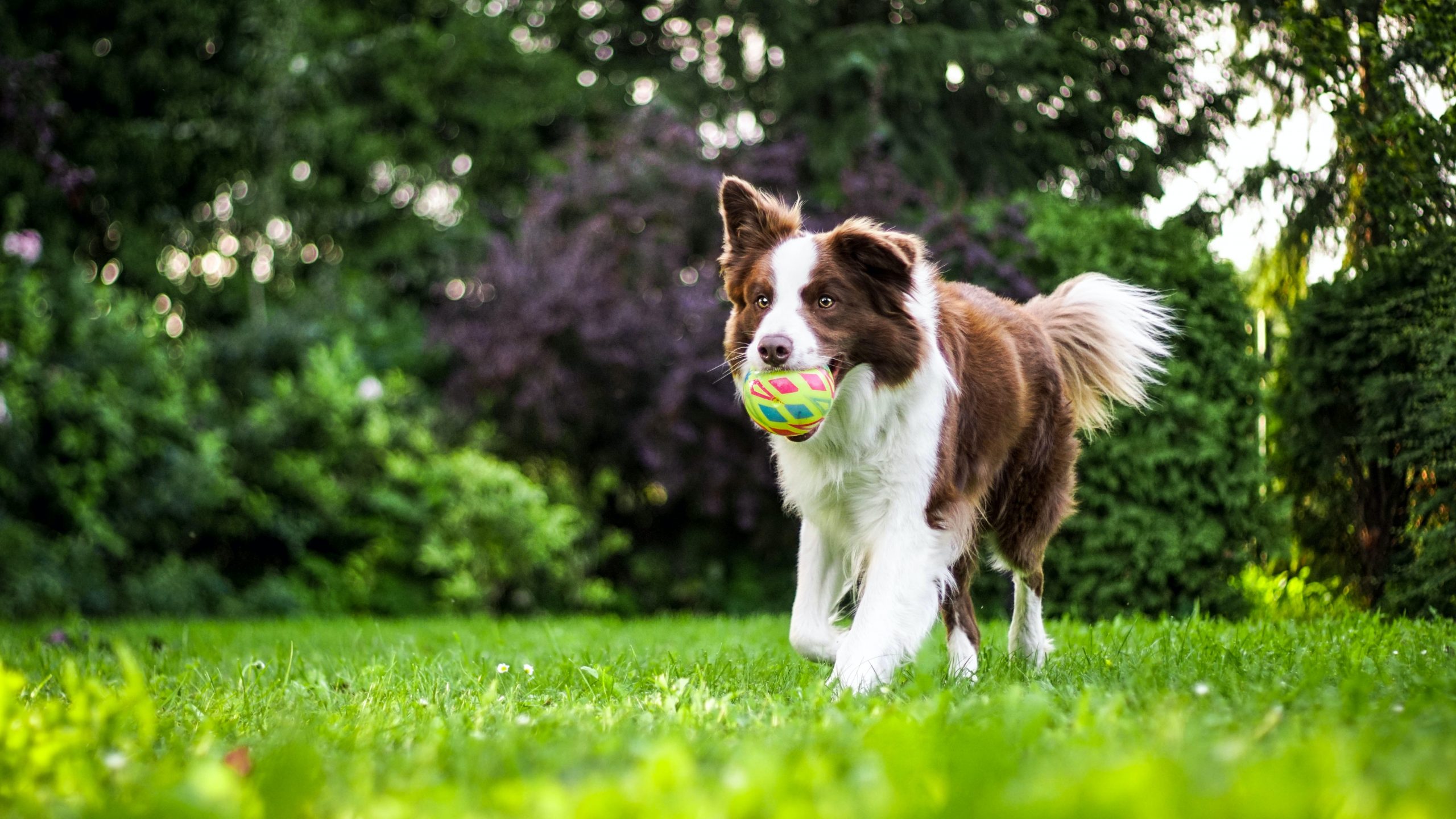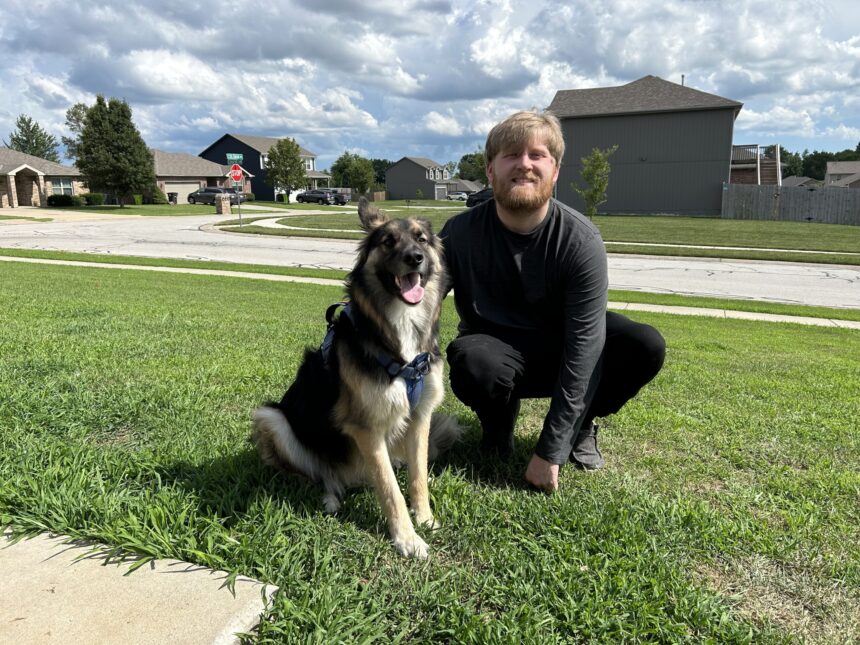When it comes to understanding dog breeds, many factors come into play, from their temperament and training to their size and strength. Among these factors, bite force, or the pressure exerted by a dog’s jaw when it bites, is often discussed, especially when assessing a breed’s potential danger. In this article, we’ll delve into the bite force of the Cavalier, a breed known for its affectionate nature and small stature.
Cavalier: An Overview
The Cavalier King Charles Spaniel, commonly referred to as the Cavalier, is a toy breed that’s best known for its affectionate demeanor and loving nature. Historically a companion dog for royals and nobles, the Cavalier’s primary purpose has always been to offer companionship, rather than guarding or working. Their size, coupled with their friendly disposition, makes them less intimidating than larger breeds.
Bite Force: What Does It Mean?
Bite force is typically measured in pounds per square inch (PSI). The higher the PSI, the stronger the bite. For perspective, humans have an average bite force of around 120-140 PSI. Some of the strongest canine biters, like the Mastiff or the Rottweiler, can exert over 300 PSI. But where does the Cavalier stand in this spectrum?
Bite Force of a Cavalier
Given its small size and gentle nature, the Cavalier’s bite force is significantly less than that of larger breeds. While there isn’t a specific documented PSI for every breed, including the Cavalier, based on its size and jaw structure, it’s safe to assume that its bite force would be on the lower end of the scale, likely well below 200 PSI.
Does a Cavalier’s Bite Hurt?
Any dog bite has the potential to hurt, regardless of the breed. The real question is the extent of the damage and pain that can be inflicted. A Cavalier’s bite, given its smaller jaw and lesser bite force, is less likely to cause severe damage compared to larger breeds with a stronger bite. However, factors such as the situation leading to the bite, the location of the bite, and individual variances can impact the pain and damage level.
It’s essential to understand that while their bite might not be as powerful as other breeds, any bite can break the skin, cause pain, or lead to infections if not treated properly.
Reducing the Risk of Bites with Cavaliers
Though Cavaliers are generally friendly and social, like all dogs, they can become aggressive or defensive in certain situations. Proper training, early socialization, and understanding canine body language are critical in reducing the risk of bites.
Conclusion
The Cavalier, with its gentle disposition and small stature, doesn’t possess the formidable bite force seen in larger breeds. However, it’s essential to approach all dogs, including Cavaliers, with respect and understanding, ensuring safe interactions for both humans and the dog.
While the bite of a Cavalier might not be as powerful, it’s always best to prioritize understanding, training, and a loving environment to ensure that the chances of a bite are minimized. Remember, every dog, regardless of its size or breed, deserves to be treated with kindness and understanding.
Frequently Asked Questions About Cavalier Bites
1. Do Cavaliers bite often?
Cavaliers are generally known for their gentle and affectionate nature. While any dog can bite if provoked or scared, Cavaliers are not typically considered aggressive dogs. Proper training and socialization from a young age can further minimize biting tendencies.
2. Why does my Cavalier puppy bite so much?
Puppy biting, often called mouthing, is a natural behavior for young dogs, including Cavaliers. Puppies explore the world with their mouths, and they also teethe, which can cause discomfort. Offering appropriate chew toys and teaching bite inhibition can help manage and eventually curb this behavior.
3. How strong is a Cavalier’s bite compared to larger breeds?
Cavaliers have a significantly weaker bite force compared to larger breeds. Given their smaller size and jaw structure, the pressure they can exert when biting is much less than that of larger, more muscular dogs.
4. My Cavalier snapped at someone. What should I do?
If your Cavalier displays aggressive behavior, it’s essential to assess the situation that led to the reaction. Cavaliers might snap if they are scared, hurt, or protecting their territory. It’s crucial to consult a dog trainer or behaviorist to address and rectify any aggressive tendencies.
5. How can I prevent my Cavalier from biting?
Early socialization, proper training, and understanding your dog’s body language are key. Ensuring that your Cavalier doesn’t feel threatened and teaching them bite inhibition from a young age will go a long way in preventing unwanted biting.
6. Can a Cavalier’s bite break the skin?
Yes, despite their smaller size, a Cavalier’s bite can break the skin, especially if they bite with intent. It’s essential to treat any dog bite promptly to prevent infection.
7. Are Cavaliers protective and do they bite if they feel their owner is in danger?
While Cavaliers are loyal and may bark to alert their owners of strangers or potential threats, they are not typically known to be protective or aggressive. Their primary instinct might not be to attack in defense, but individual personalities and experiences can vary.
8. Do Cavaliers get more bite-prone as they age?
Like all dogs, Cavaliers can become more irritable or prone to snapping if they’re in pain or discomfort, especially as they age and potentially face health issues. Regular veterinary check-ups and understanding the needs of senior dogs can help mitigate this.
9. How should I react if my Cavalier starts to show signs of aggression?
It’s essential not to punish aggression with aggression. Instead, try to understand the root of the behavior. Removing them from the situation, ensuring they’re not in pain or discomfort, and consulting a professional are all recommended steps.
10. Is it common for Cavaliers to bite children?
Cavaliers are generally good with children and are not known to be aggressive towards them. However, it’s always essential to supervise interactions between any dog and young children, ensuring safety for both. Teaching children how to approach and handle dogs respectfully is equally crucial.





